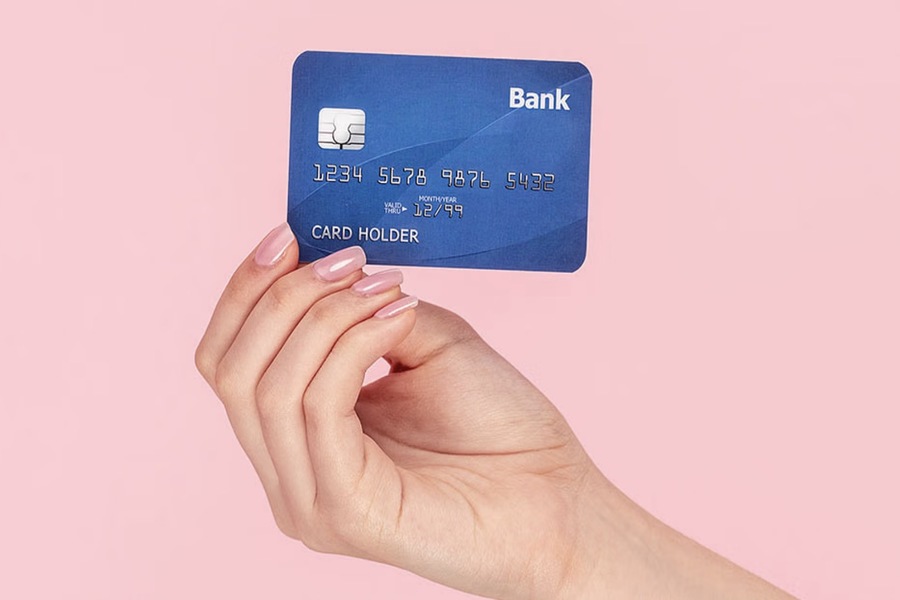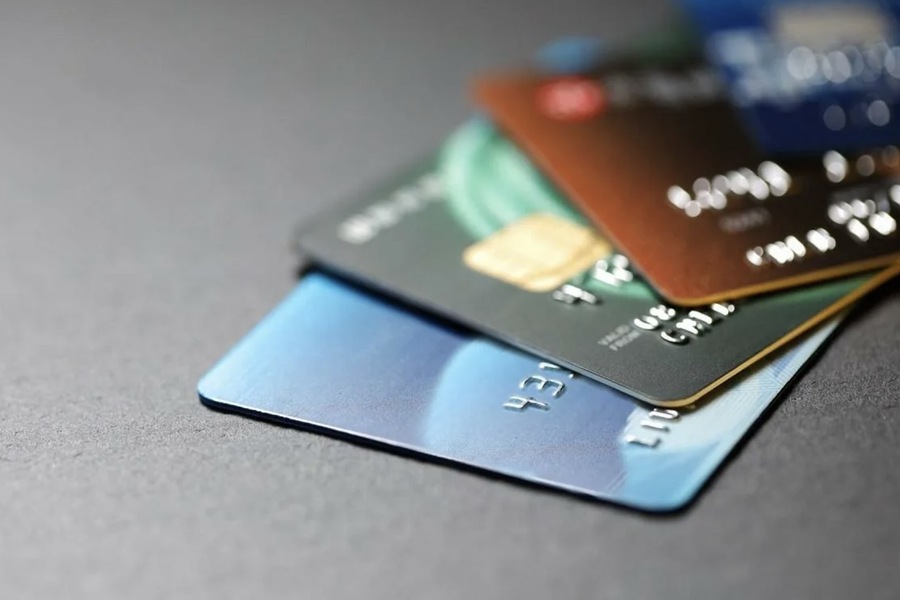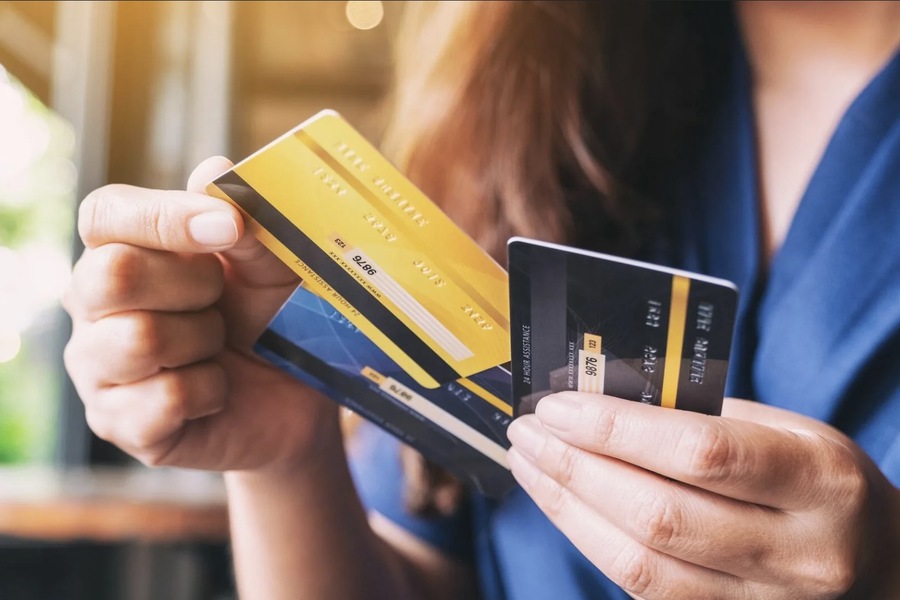The introduction of Value-Added Tax (VAT) in the UAE in 2018 marked a pivotal change in the country’s economic landscape. This 5% tax, applied to most goods and services, influences spending behavior and financial strategies, including the use of cash back credit cards. While cash back cards were initially popular for their rewards, VAT has prompted consumers to rethink how they manage their expenses and maximize value from their financial tools. This article explores the impact of VAT on cash back credit card usage, analyzing spending patterns, cardholder behavior, and the evolving dynamics in the UAE’s financial sector.
Understanding VAT and Its Scope in the UAE
VAT is an indirect tax levied on the consumption of goods and services, with businesses acting as tax collectors for the government. As per the Federal Tax Authority (FTA), most consumer purchases are subject to VAT at a standard rate of 5%, with certain sectors, such as education, healthcare, and residential rents, either exempted or zero-rated. This shift was introduced to diversify government revenue streams, reducing dependence on oil income. However, it also resulted in higher prices for most goods and services, influencing household budgets and consumer behavior across the UAE.
How VAT Shapes Consumer Spending Behavior
The imposition of VAT has made consumers more price-sensitive, particularly for non-essential items. This trend is noticeable in luxury shopping, dining, and other discretionary spending categories, where buyers now seek additional ways to mitigate rising costs. As consumers look to reduce the burden of VAT, cash back credit cards have gained relevance by offering rebates on certain transactions. These cards provide a way for users to recover a portion of their spending, either through direct cash rewards or statement credits, which offsets part of the VAT paid on purchases.

The Growing Importance of Cash Back Cards Post-VAT
With VAT directly affecting most retail transactions, cash back cards have become a strategic tool for UAE residents. Banks have capitalized on this by promoting cards that offer cash back on specific categories, such as groceries, fuel, and dining, areas where VAT applies heavily. As a result, consumers are increasingly using these cards to gain value from everyday spending. This shift has not only boosted the popularity of cash back credit cards but has also influenced banks to design more competitive rewards programs to attract and retain customers.
Changes in Credit Card Usage Patterns
The introduction of VAT has also led to a change in how consumers use credit cards. Shoppers now prefer cards that provide cash back or reward points directly tied to essential categories, aligning their spending with areas where they can maximize savings. For example, fuel cards offering cash back on petrol purchases are in high demand, given the regularity of these expenses. Additionally, consumers in Dubai and other parts of the UAE are opting for cards that reward grocery purchases, aiming to offset the cumulative impact of VAT on their monthly budgets.
The Role of Banks in Promoting Cash Back Programs
To stay competitive in the post-VAT economy, financial institutions in the UAE, including Liv Digital Bank, have developed innovative cash back offerings. Many banks now offer dynamic cash back programs, allowing users to choose reward categories or adjust their rewards based on monthly spending patterns. Additionally, tiered reward structures—where higher spending leads to increased cash back percentages—are being utilized to encourage card usage. These strategies align with both consumer needs and banks’ efforts to maintain customer loyalty in an increasingly competitive financial environment.
Impact on Merchant and Retailer Relationships
The VAT framework has also changed the relationship between cardholders, merchants, and credit card issuers. Retailers, particularly in competitive sectors like hospitality and retail, have partnered with banks to offer enhanced cash back deals. These collaborations are designed to incentivize spending despite the added VAT cost, ensuring that businesses maintain sales volumes. In some cases, merchants absorb a portion of the VAT to offer exclusive discounts to cardholders, further enhancing the appeal of using cash back credit cards for specific purchases.
Challenges Faced by Banks and Consumers
While cash back programs have grown in popularity, they also present challenges. Banks face increased operational costs to maintain attractive rewards programs, especially as they compete for customer loyalty. On the consumer side, overuse of credit cards for cash back rewards can lead to higher debt if balances are not paid off in full. Additionally, the terms and conditions of cash back programs—such as caps on rewards and minimum spending thresholds—require careful management to ensure that cardholders truly benefit.

The Future of Cash Back Credit Cards in the UAE
As the UAE continues to adapt to VAT and other economic changes, the role of cash back credit cards is expected to evolve. Advances in digital banking and mobile payment solutions will likely drive the next phase of rewards programs, with banks integrating cash back features directly into apps for real-time tracking and redemption. Open banking initiatives may further enhance personalization, allowing consumers to access tailored rewards based on spending behavior across multiple financial institutions.
Additionally, banks may expand cash back offers to cover sustainability-focused spending as part of the UAE’s growing emphasis on environmental responsibility. Such initiatives could attract consumers looking for value while aligning with broader national goals, making cash back credit cards a crucial element in the evolving financial landscape.
Conclusion
The introduction of VAT has reshaped consumer behavior in the UAE, influencing how people manage their expenses and utilize financial tools. Cash back credit cards have emerged as an effective way for consumers to offset the impact of VAT, particularly on essential categories like fuel, groceries, and dining. As banks like Liv Digital Bank adapt their offerings to meet changing customer needs, cash back programs will continue to play a pivotal role in driving both customer engagement and financial literacy. With the ongoing evolution of the UAE’s economy, cash back credit cards are likely to remain a significant tool in helping residents navigate the challenges of a post-VAT environment effectively.

I am a Junior Web Developer for Oswald Technologies. I am an accomplished coder and programmer, and I enjoy using my skills to contribute to the exciting technological advances that happen every day at Oswald Tech.
